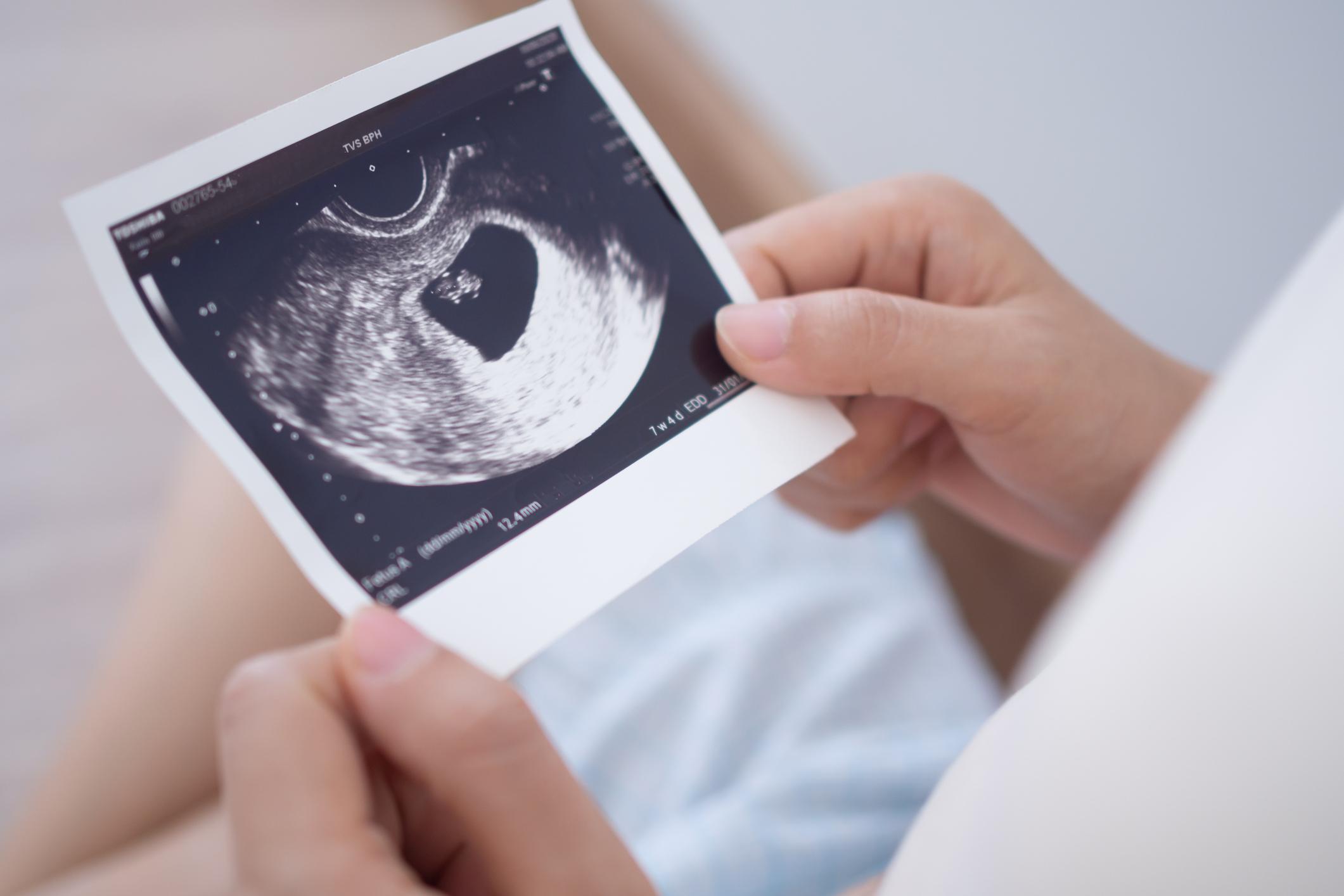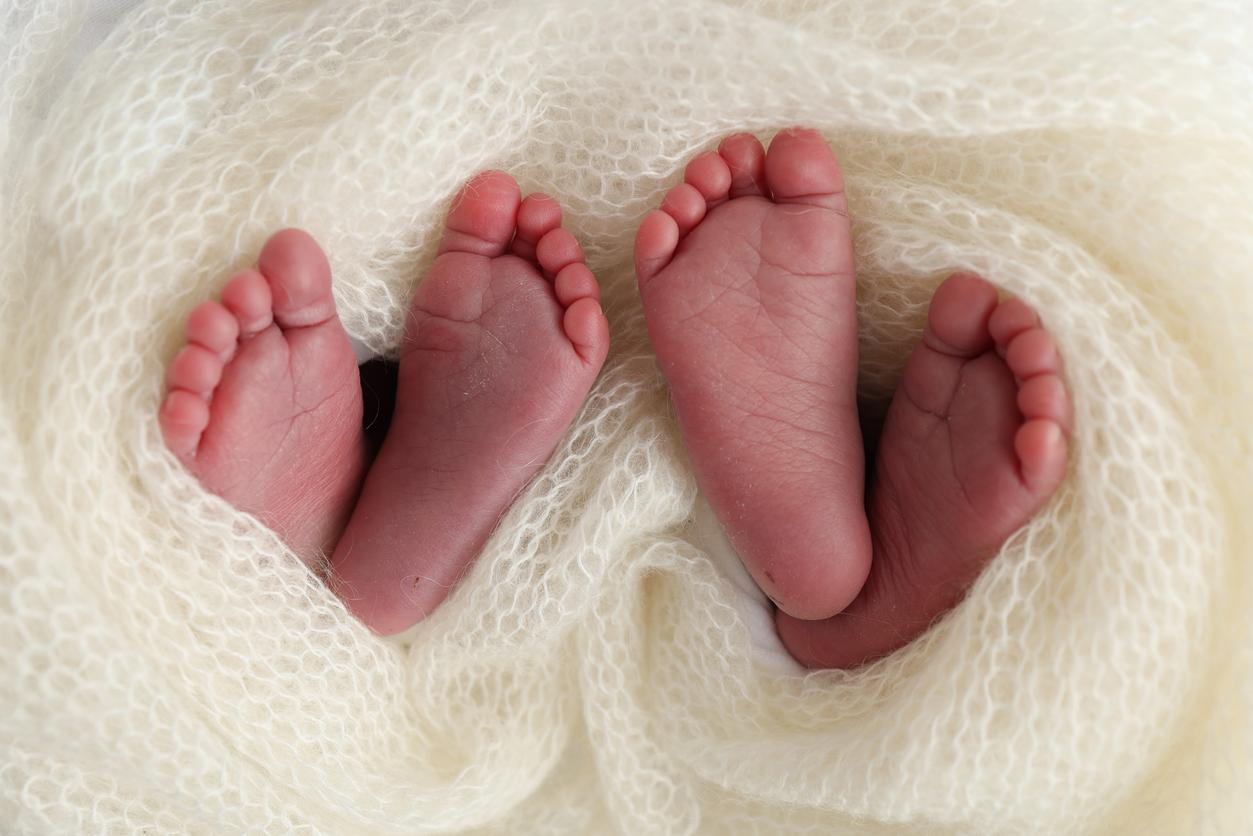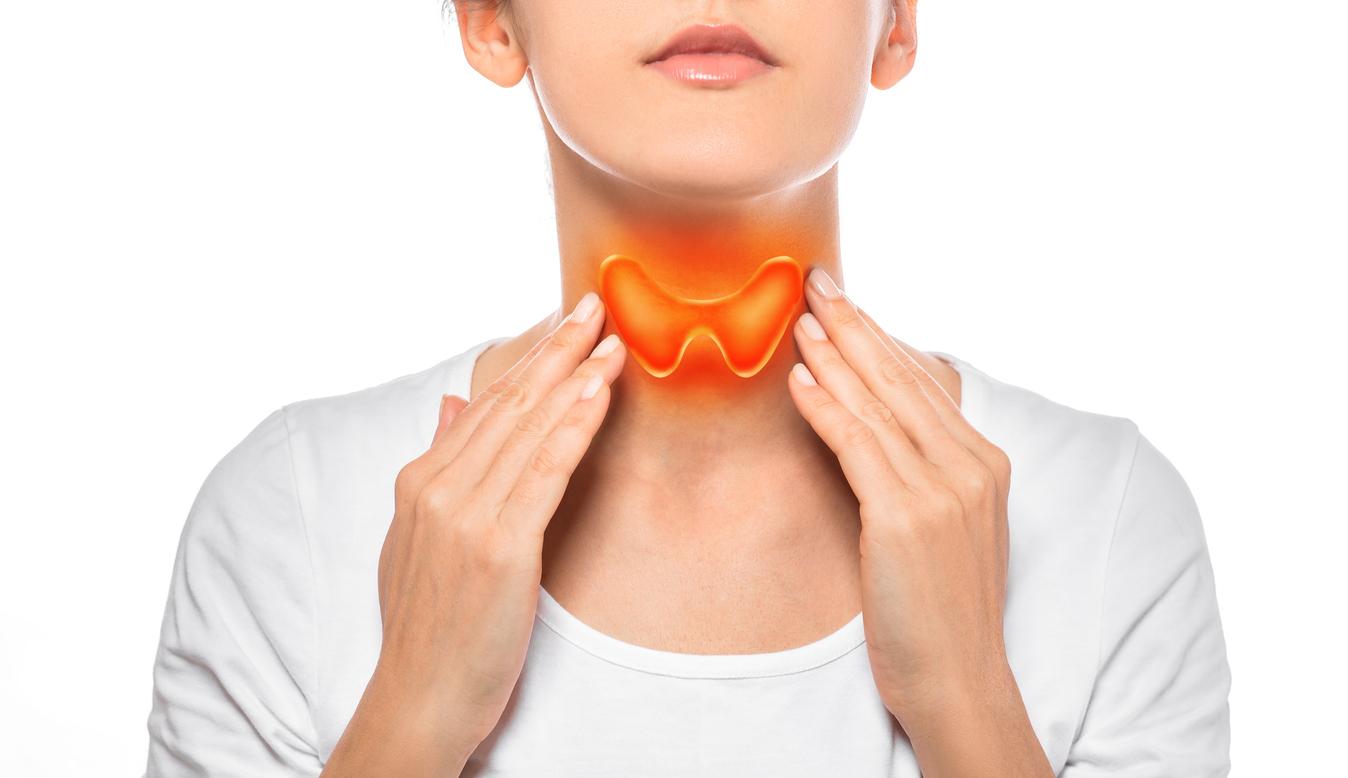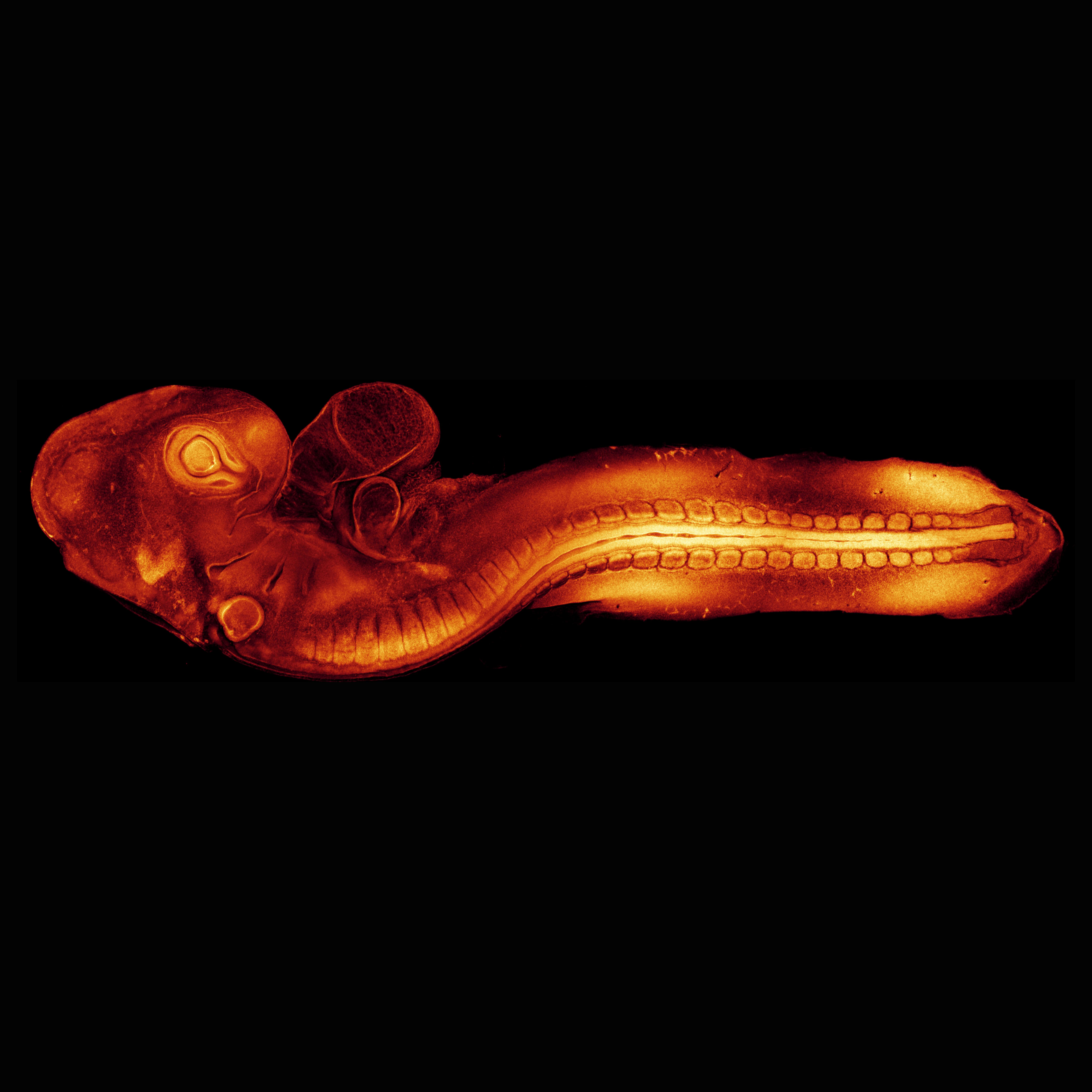A British study observed that changes in pressure in the uterus could hinder the development of the fetus’s facial features.

- British researchers have found that changes in pressure in the uterus could harm the development of a fetus’s facial features.
- The risk of craniofacial malformations is greatly increased when neural crest cells are exposed to higher than normal pressure levels.
- Further research is needed to determine the impact of changes within the body and environmental pressure on the development of the human embryo.
Throughout the months of pregnancy, the fetus goes through different stages of development, in order to be able to live outside the uterus. From ten weeks, it is possible to distinguish its eyes, nose and mouth. Research from University College London (UCL) recently revealed that changes in pressure in the womb could impact the proper growth of neural crest cells, which give rise to facial features.
Changes in uterine pressure can increase the risk of facial malformations
To reach this conclusion, scientists used synthetic embryos from mice, frogs and humans. These embryoids are obtained from embryonic or induced stem cells, and are able to reconstitute the first stages of embryonic development in vitro. According to the results published in the journal Nature Cell Biologyan increase in hydrostatic pressure felt by the embryo can hinder the healthy development of facial features.
These first conclusions therefore suggest that pressure variations influence the risk of facial malformations. When neural crest cells are exposed to higher than normal levels of pressure, significant disruptions in essential cellular signaling pathways occur, significantly increasing the risk of craniofacial malformations.
“Our work shows that embryos are sensitive to pressure”
“When an organism experiences a change in pressure, all cells – including the embryo in the mother – are capable of perceiving it (…) Our work shows that embryos are sensitive to pressure, but we do not know how how bad they are; for example, will a change in pressure inside the uterus affect the embryo? This will require further research to understand how changes inside the body as well as the environmental pressure can influence the development of the human embryo”indicated Roberto Mayor, lead author of the study and professor of developmental and cellular neurobiology at UCL.
According to the British team, these initial results could also be beneficial for stem cell research. In question ? This study observed that the development and differentiation, in other words the process of transformation of stem cells into specialized cells, of stem cells are under the influence of pressure. Understanding this link could therefore change the way scientists manipulate stem cells for therapeutic purposes.
















